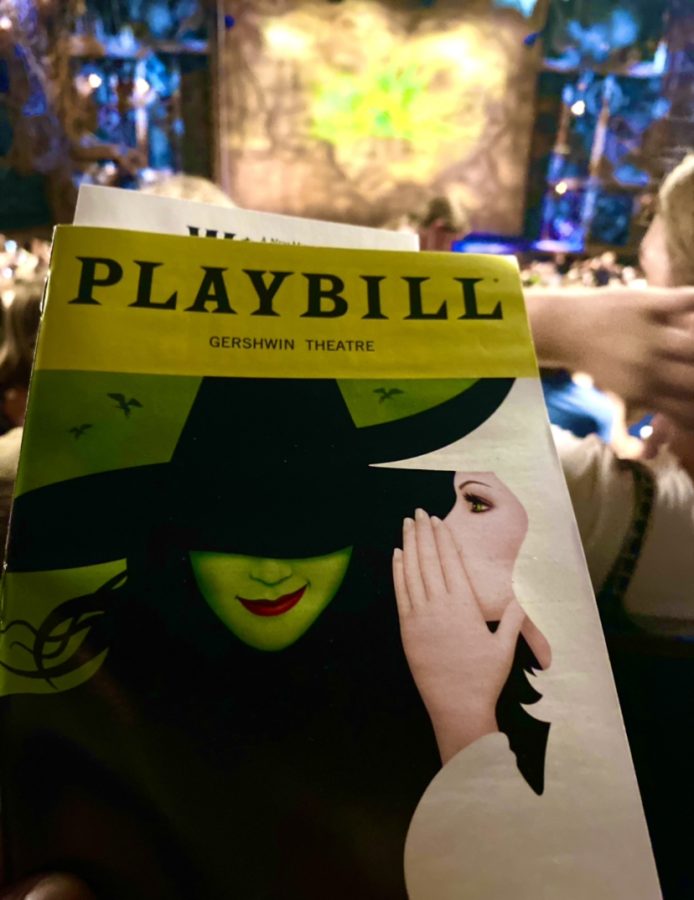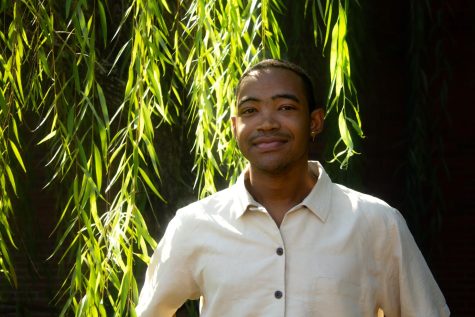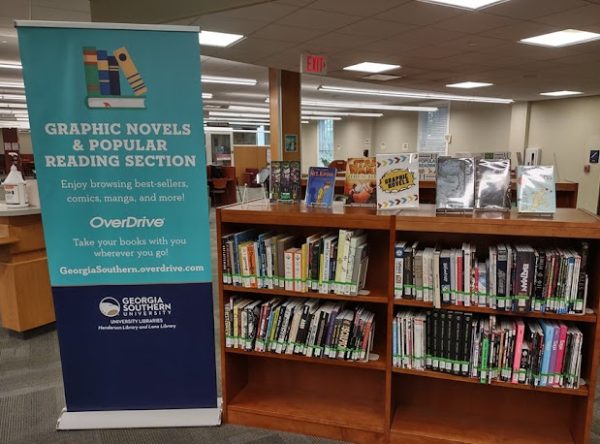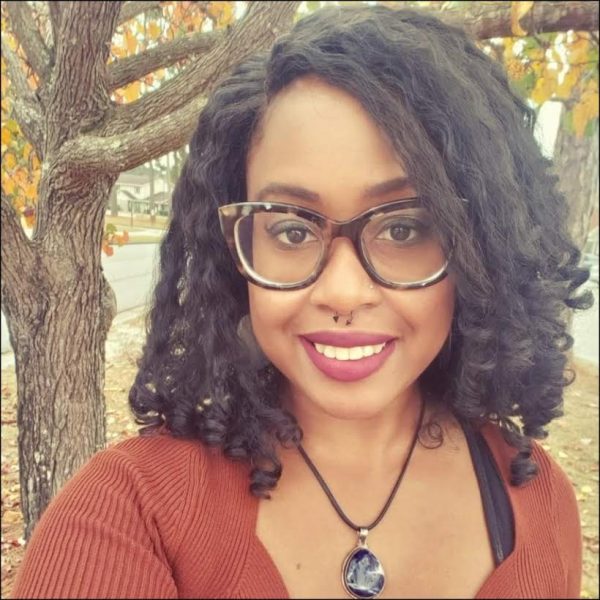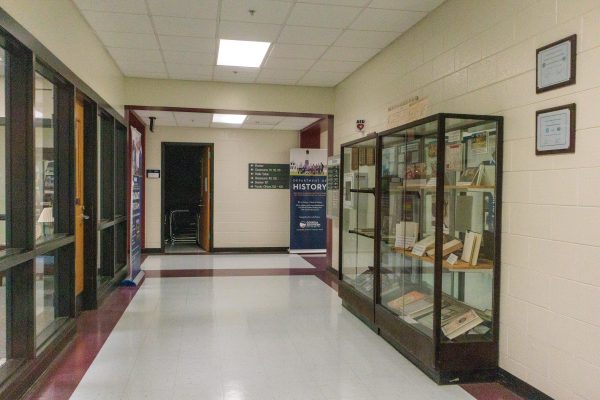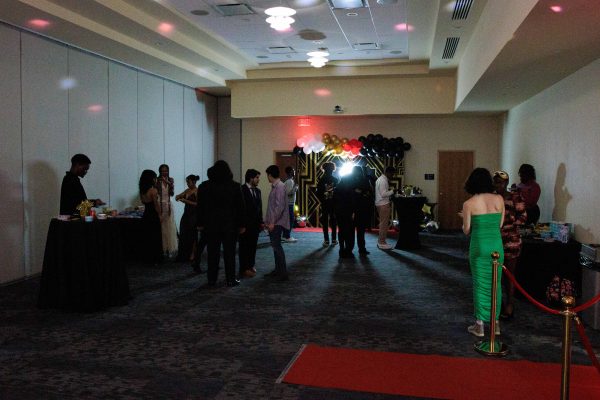Opinion: Invest in Your Happiness
A photo of a playbill from Wicked
“Memories are priceless.”
That’s what I constantly tell myself whenever I break my college student budget to invest in something which will deliver me an immeasurable amount of serotonin.
Last month, I made the costly investment to see Wicked on Broadway. It was my final day in New York, and I couldn’t allow myself to leave the city without checking off one of the most significant items on my bucket list.
The production was insane, the cocktails were $18 and the experience was as close to heaven on Earth as it gets. Although I had to pick up extra shifts when I got back to make up for the price of a trip to Oz, I would readily repeat the process again.
With so many stressors in a college student’s life, we must find ways to alleviate the tension. There are no rules in this process. It can be as little an action as buying yourself a Snickers bar from GUS Mart.
Frugality is understandable. There’ve been moments when I needed to stretch a finite amount of funds over an extended period of time. Still, I’ve always held the notion that happiness has no bounds.
Something as little as an ice cream party or a heart-shaped pizza to accompany a Twilight marathon can turn a week around.
There’s a longstanding notion that money cannot buy happiness. It seems like an easy judgment to make when solely considering the fundamental concepts of money and happiness. But things quickly become muddy the more you evaluate the idea.
Seeing Wicked did not add or take anything away from my life on a technical level. But it made me happy and left a grand enough impression that I feel the need to discuss it in an article.
While money doesn’t directly correlate to happiness, it does allow you to have experiences that ultimately lead to happiness.
“Experiences seem to be more deeply connected to our sense of self,” Elizabeth Dunn, a psychology professor at the University of British Columbia, revealed in an interview with CNN that took a hard look at the correlation between money and happiness.
When considering this perspective, I realized how many of my own experiences couldn’t have been possible without some form of investment.
I invest time in school to ensure my grades stay up. I purchase textbooks and design software because I know that ends justify the means. I’ll leave college with a well of information to dip into. I will get to spend the rest of my life doing something I love. It isn’t about the money spent. It’s about the emotional return.
During one particularly rough semester, a friend and I habitually took trips to GUS Mart every Friday afternoon. We’d always buy a different soda to sample together. When orange-vanilla Cokes first dropped, we were the first in line to grab a bottle.
Sometimes, thinking about sipping on a shared bottle of sugar in the rain brings a smile to my face. It only took two dollars to create something that I will forever cherish as a golden moment in my life.
In Wicked, ‘happy’ is defined as something that happens “when all your dreams come true.” But this feeling doesn’t come without stipulations. “There’s a kind of a sort of…cost.”
Junior Nursing Majors Emmi Prost and Helena Huong echoed the sentiment. While money does provide you with material things which can lead to happiness, it becomes stale when it is the only thing someone pursues.
“We can’t just have objects to equate to internal fulfillment,” Emmi said.
“We are social creatures,” Helena reasoned. For her, it is much more worthwhile to invest time into things that enrich your life like study sessions in The Learning Commons or Starbucks runs.
“Instead of just staying in your room and getting on technology that’s not even real, you’re going out and having actual experiences,” Emmi continued.
Spoiler: the overarching message delivered by the end of Wicked is that the memories and experiences we create are the things that mold us into the people we are. It takes some magic and commitment to make those things happen.
One needs to be willing to invest in their happiness to achieve happiness. It will change you for good.

